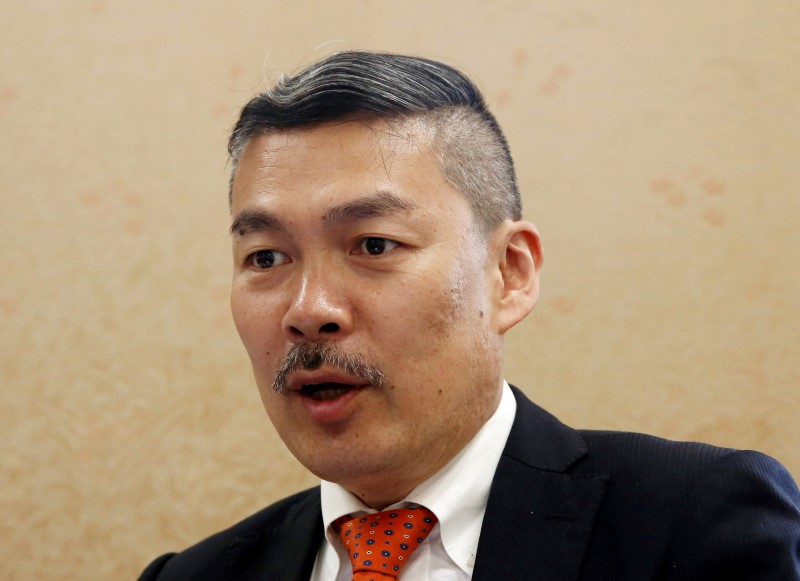By Stanley White and Ami Miyazaki
TOKYO (Reuters) - Japan should spend 10 trillion yen ($99.83 billion) on fiscal stimulus both in fiscal 2017 and in fiscal 2018 to offset a lack of demand in the economy and eliminate the risk of deflation, an adviser to Prime Minister Shinzo Abe said on Tuesday.
Abe has already compiled a stimulus package for the current fiscal year with 7.5 trillion yen in spending, but the government needs to spend more and do so quickly to boost demand, Satoshi Fujii, an adviser to Abe, told Reuters in an interview.
"We need to spend 10 trillion yen next fiscal year and another 10 trillion yen the following fiscal year to eliminate the deflationary gap," he said.
The Bank of Japan should stick with its existing quantitative easing but should examine its negative interest rate policy and decide how to proceed in the future, Fujii said.
"The important point is the velocity of spending. The problem with fiscal stimulus up until now is the velocity of spending was not high enough," said Fujii, who is also a professor at Kyoto University.
"There are a lot of opinions about negative rates, but I would like the BOJ to review this and decide what to do from here on."
Fujii's comments suggest the government could rely more on fiscal stimulus and less on additional monetary easing to revive Japan's fortunes after the economy ground to a halt in the second quarter due to weak consumption and exports.
Fujii said Japan's deflationary gap, or the difference between actual output and output at full employment, is around 15 trillion yen, which means the government needs to boost domestic demand by the same amount.
The government should continue with its program of spending on infrastructure, Fujii said. More measures are also needed to increase productivity and encourage wages gains for the middle class, Fujii said.
Some economists have warned against further government stimulus because Japan's public debt burden is already the worst among advanced countries at twice the size of gross domestic product, but Fujii shrugged off these concerns.
If the economy grows faster as a result of government stimulus, this would lead to an increase in tax revenue, which could be used to pay off government debt later, Fujii said.
The BOJ has already said it will conduct a "comprehensive review" of its quantitative easing and negative interest rate policy at its meeting next month after repeatedly pushing back the timing for its 2 percent inflation target.
The BOJ's policy framework combines government debt purchases with purchases of assets linked to the stock market and a negative 0.1 percent interest rate for a small portion of bank reserves.
Fujii acknowledged that the central bank has already taken significant steps toward easing deflationary pressure and that the onus is more on the government and the private sector to accelerate growth.
"A lot of monetary policy steps are already in place. It is important to figure out how to get the monetary base increases flowing through the economy," Fujii said.
"It is important for the BOJ to continue with its current policies and to use fiscal policy to get money flowing.
($1 = 100.1700 yen)
